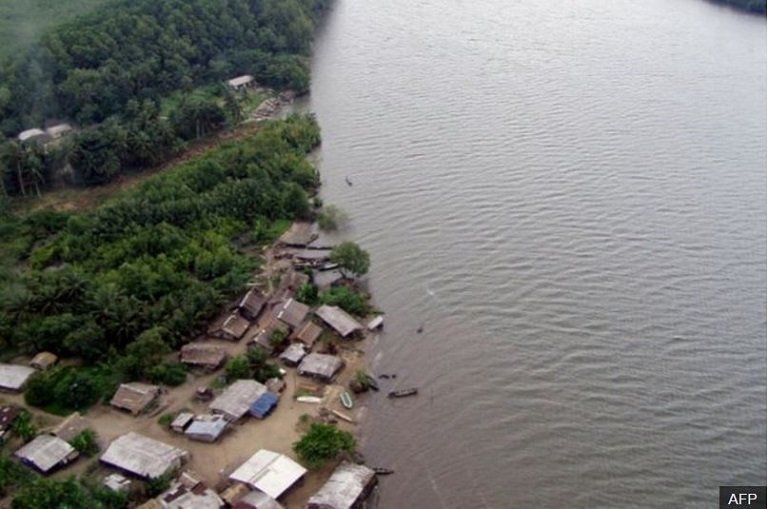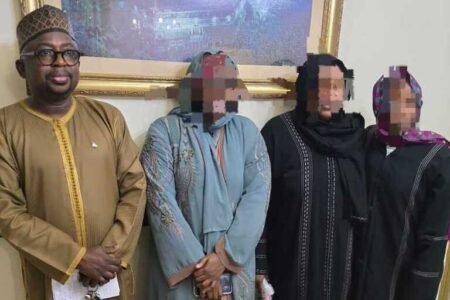
Nigeria’s parliament is investigating reports that 97 fishermen have been killed in the Bakassi peninsula, which the country ceded to Cameroon.
Reports say that the killings happened last week when a Cameroonian paramilitary unit was enforcing a $300 (£230) fishing levy.
Nigerian Interior Minister Abdulrahman Dambazau accused Cameroon of breaching an agreement to protect its citizens.
The Cameroonian government is yet to comment.
READ: INEC halts Dino Melaye’s recall process
Cameroon took control of oil-rich Bakassi in 2008 after an International Court of Justice ruling, ending years of border skirmishes.
Survivors of the attack have been arriving back in Nigeria with injuries, reports the BBC’s Naziru Mikailu in the capital, Abuja.
Nigeria’s lower house of parliament resolved that it will investigate the reports in view of the 2005 Green Tea agreement between the two countries, to protect the citizens of the ceded areas from harm.
A five-year UN-backed transition period was put in place exempting the area’s residents, many of them Nigerian fishermen, from paying tax.
Nigeria earlier this week summoned the Cameroonian ambassador to lodge a formal protest note.
Bakassi is a peninsula on the Gulf of Guinea.
It lies between the Cross River estuary, near the city of Calabar in the west, and the Rio del Ray estuary on the east.
It is governed by Cameroon, following the transfer of sovereignty from neighbouring Nigeria as a result of a judgment by the International Court of Justice.
On22 November 2007, the Nigerian Senate rejected the transfer, since the Greentree Agreement ceding the area to Cameroon was contrary to Section 12(1) of the 1999 Constitution.
Regardless, the territory was transferred to Cameroon on 14 August 2008.











